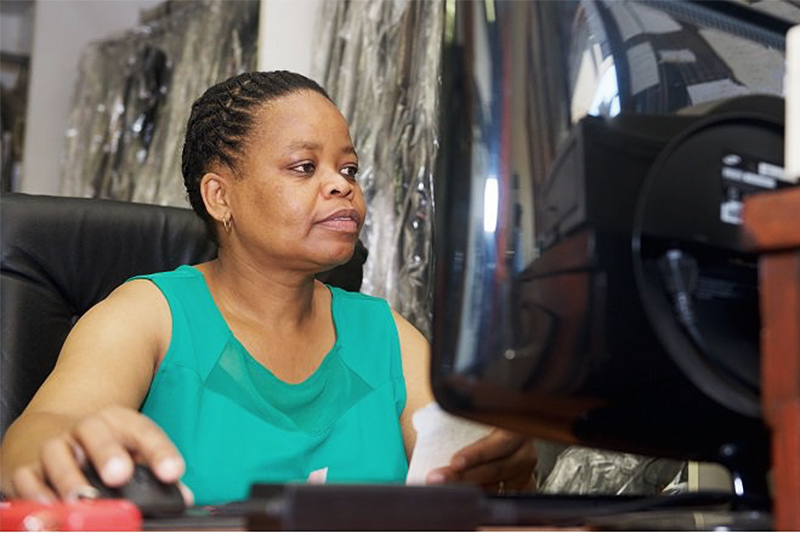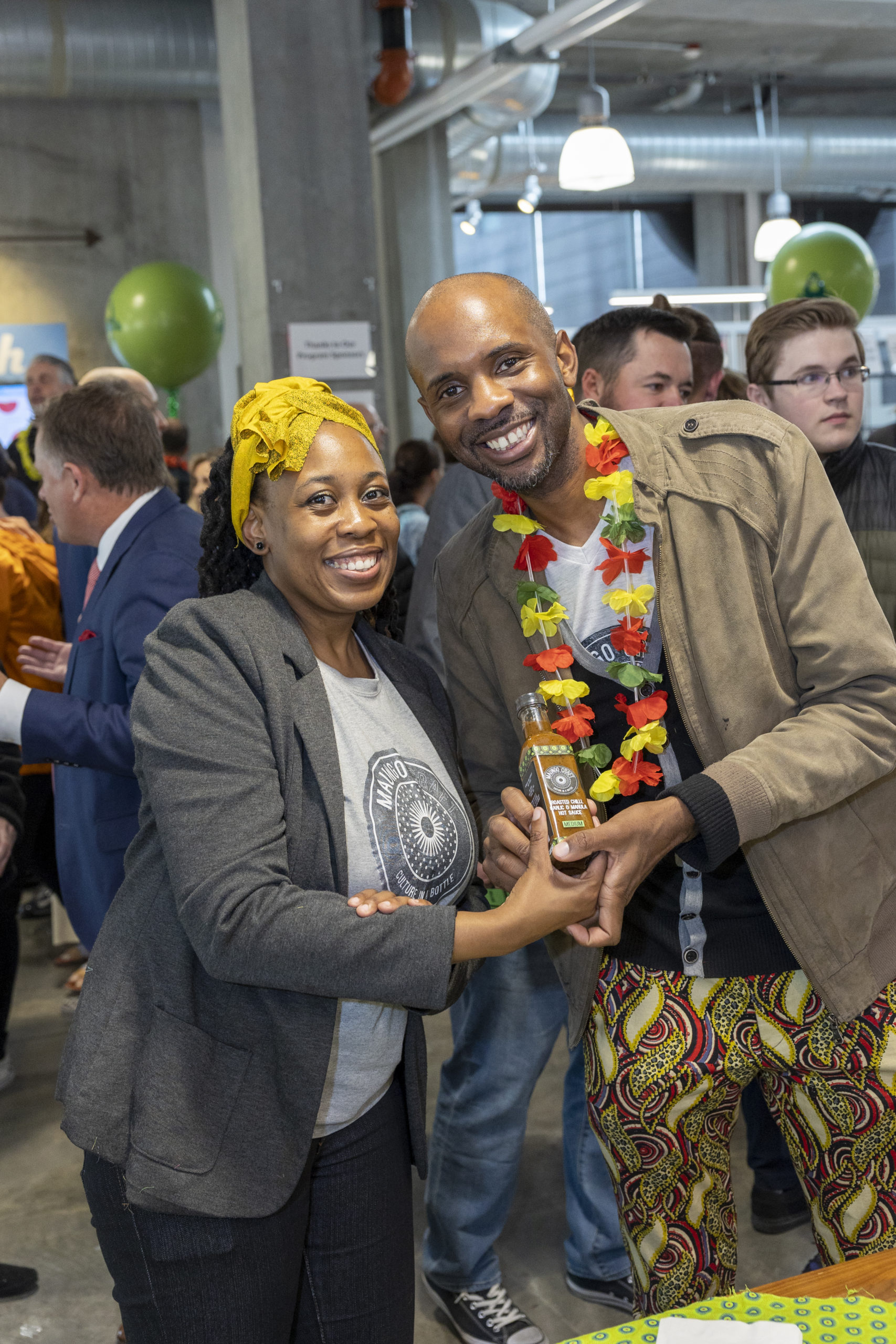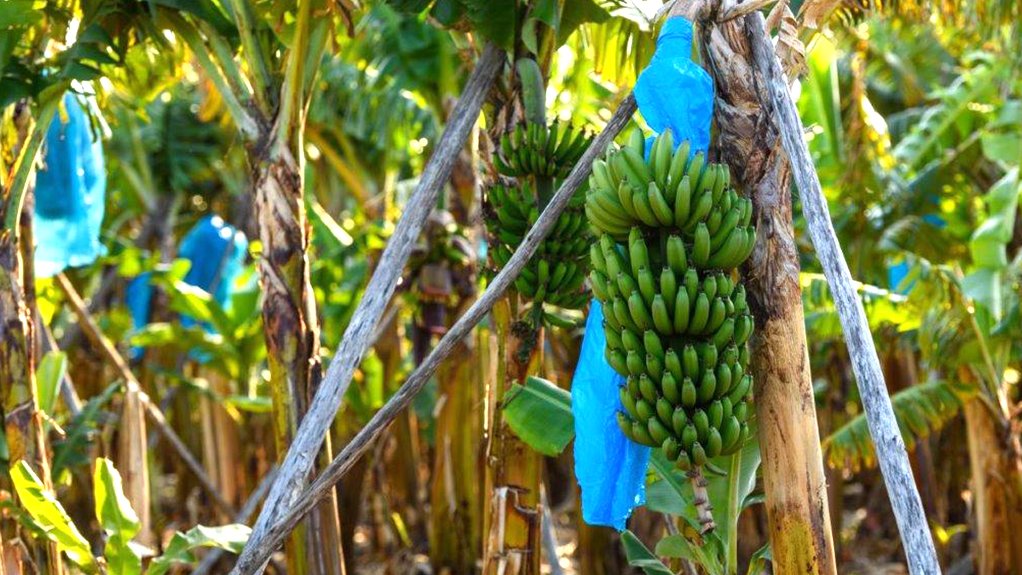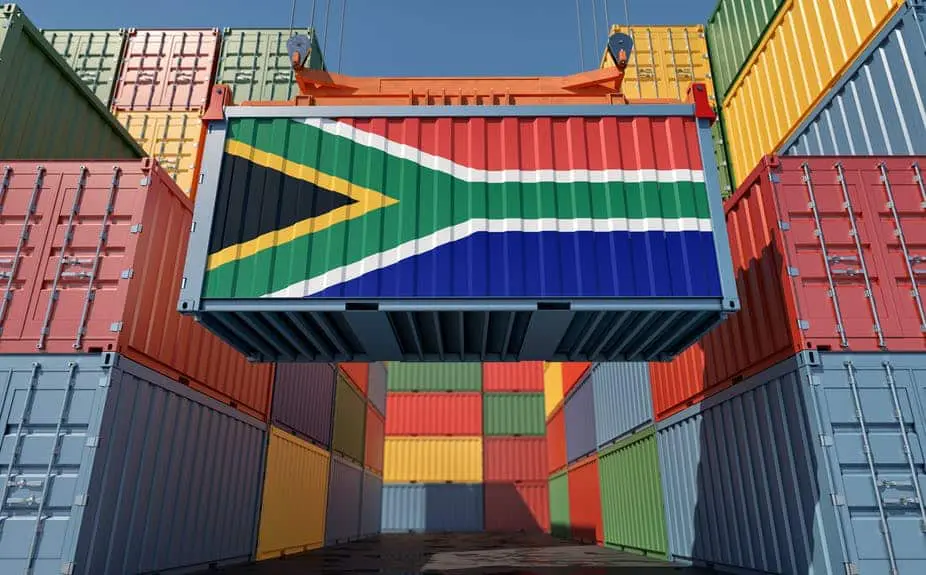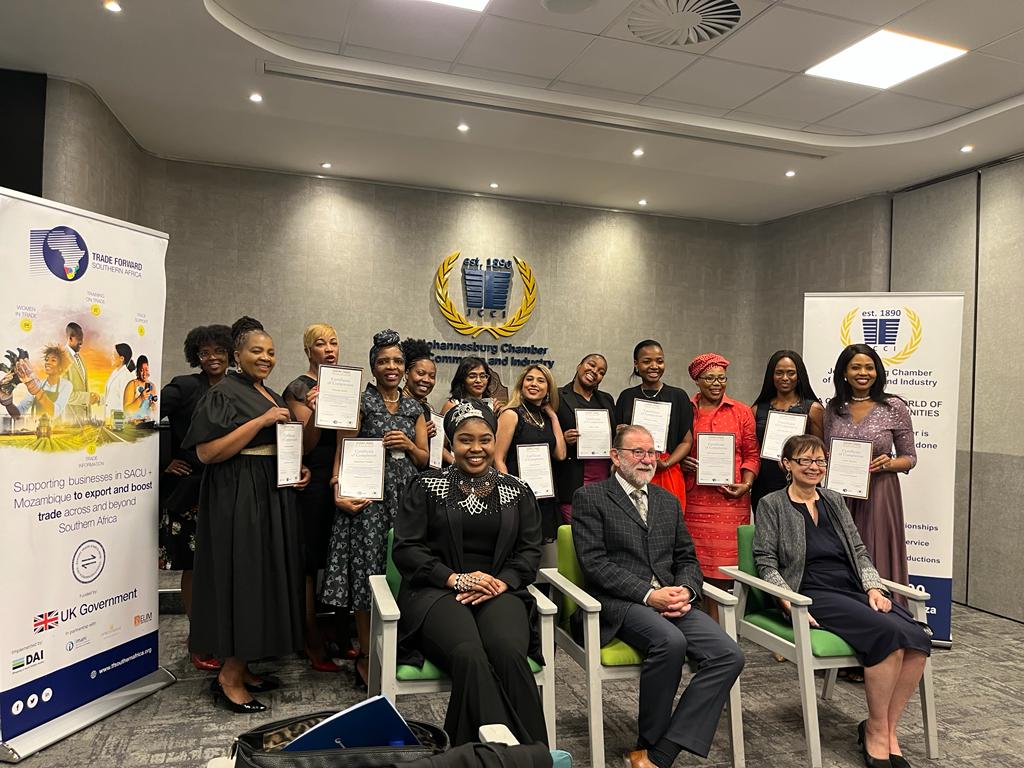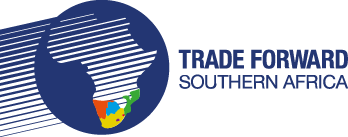For South Africa — like elsewhere around the globe — maintaining trade flows during the COVID-19 pandemic has been crucial. The import and export of essential food, medical items, and maintaining international supply chains have helped cushion some of the pandemic’s heavy impact on lives and businesses.
Traditionally, South African traders have suffered high costs and delays due to complicated and inefficient border procedures, especially at the land borders accessing main corridors – and at seaports serving continental markets.
Several efforts have been made to reduce these burdens and make it easier for South African businesses to trade and integrate into regional and global supply chains. However, there is more work that can be done to further enhance the trade environment and ensure that the benefits of trade facilitation are equally afforded to men and women.
To identify specific challenges that men and women face in cross-border trade and determine where further reforms can be made, the World Bank Group completed a study on Trade Facilitation and Gender Dimensions in South Africa (download the full report here or follow the link at the bottom of this article). Traders, customs brokers and freight forwarders were interviewed.
The findings will help shape the future of women traders in South Africa
Marcelle Ross, Global Trade Solutions
Select findings
The report found that generally women and men respondents experienced similar challenges. However, in some areas, women reported greater obstacles:
- Impact of COVID-19. Ninety percent of respondents reported that COVID-19-related challenges affected their ability to trade internationally. More women traders experienced declines in trade flows as a result of the pandemic.
- Access to information. When looking for information on official border regulations, more women customs agents reported a lack of comprehensive information available. Women traders reported that official government websites and enquiry points were not user-friendly and that they relied heavily on personal networks and customs agents as sources of information.
- Understanding information. Fewer women traders than men reported that official regulations and processes are easy to understand.
- Detention of goods. More women customs agents had goods detained because of problems with licenses, permits, certificates of origin, or authorizations to import and problems with plant quarantine/animal health.
- National Trade Facilitation Committee (NTFC). Few traders are aware of the existence of the NTFC.
- Safety and security. All women customs agents reported feeling unsafe at some stage when visiting the border.
Select recommendations
Findings demonstrate an opportunity for South Africa to improve trade facilitation policies to better address women traders’ needs by:
- Improving access to and understanding of border regulations and procedures
- Streamlining and improving consistent application of border processes and procedures
- Using technology to enhance trade facilitation
- Promoting the South African NTFC, making it more effective, accountable and inclusive
- Undertaking Time Release Studies on a regular basis to identify and address reasons for delays in the release of goods
- Publicizing official grievance procedures
- Improving safety and security at the borders
This study can help the South African government better understand trade barriers and design policy that maximizes the benefits from trade facilitation for women, so that they can participate more fully in the economy.
Source Article: World Bank
Download the full report at the link below:
